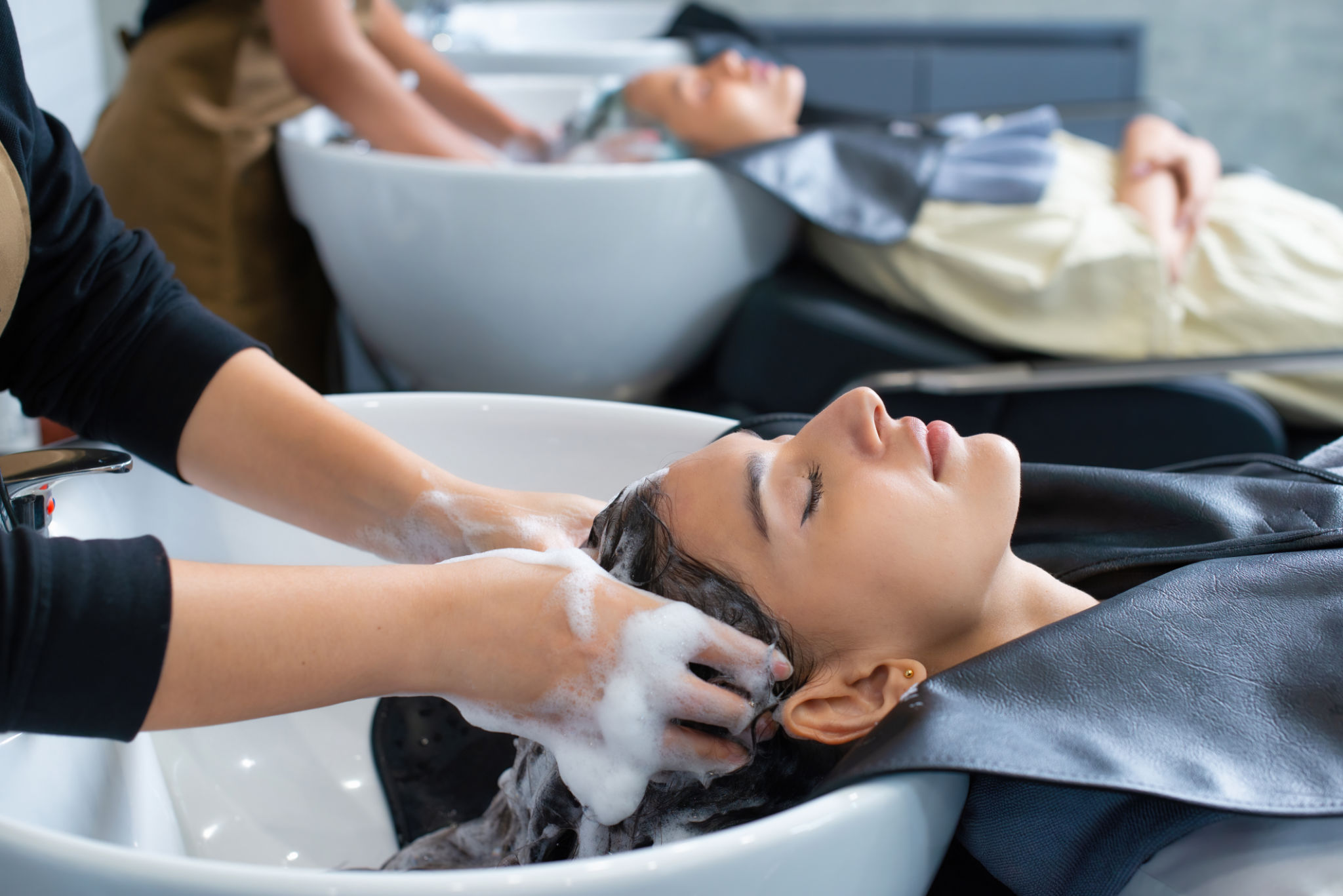Navigating Local Regulations: What You Need to Know About Personal Care in Georgia
Understanding the Regulatory Landscape
Navigating local regulations in the personal care industry can be a complex task, especially in a state like Georgia. With a diverse set of laws and guidelines, it's crucial for business owners and professionals to stay informed and compliant. In Georgia, personal care encompasses a wide range of services, including cosmetology, barbering, and esthetics. Understanding these regulations not only ensures compliance but also helps in maintaining high standards of service.

Licensing Requirements
One of the first steps in navigating local regulations is understanding the licensing requirements. In Georgia, personal care professionals need to obtain the appropriate license from the Georgia State Board of Cosmetology and Barbers. This board oversees the issuance of licenses for cosmetologists, barbers, nail technicians, and estheticians. It's essential to meet the educational and examination criteria set by the board to qualify for a license.
To apply for a license, candidates must complete a state-approved training program and pass both written and practical exams. Additionally, license renewal is mandatory every two years, requiring professionals to complete continuing education courses to stay updated with industry trends and regulations.
Health and Safety Standards
Ensuring client safety is paramount in the personal care industry. Georgia has stringent health and safety standards that must be adhered to by all personal care establishments. These standards cover various aspects such as sanitation, sterilization of tools, and general cleanliness of the workspace. Failing to comply with these standards can result in severe penalties, including fines and suspension of licenses.

Personal care professionals must regularly disinfect their tools and equipment to prevent infections and ensure client safety. Establishments are also required to maintain a clean environment and dispose of waste appropriately. Regular inspections by health authorities ensure that these standards are consistently met.
Zoning Laws and Business Permits
Before opening a personal care business in Georgia, understanding zoning laws is crucial. These laws determine where you can legally operate your business. Zoning regulations vary by county and city, so it's important to check with local authorities to ensure your business location complies with all zoning requirements.
In addition to zoning laws, obtaining the necessary business permits is vital. This may include a general business license, a cosmetology establishment license, and other permits related to building safety and occupancy. Ensuring all permits are in place before commencing operations can prevent legal challenges down the road.

Consumer Protection Laws
Consumer protection is a significant aspect of personal care regulations in Georgia. The state enforces laws that protect consumers from fraudulent practices and ensure that they receive quality services. Personal care businesses must provide transparent pricing, clear service information, and maintain high ethical standards.
Moreover, clients have the right to file complaints against service providers if they believe they have been wronged. The Georgia State Board of Cosmetology and Barbers handles such complaints, investigating any alleged violations and taking appropriate action when necessary.
Staying Informed
Staying informed about local regulations is key to thriving in Georgia's personal care industry. Business owners should regularly consult with legal experts, attend professional workshops, and participate in industry associations to keep up with regulatory changes. This proactive approach not only ensures compliance but also fosters trust with clients, enhancing your business's reputation.

By understanding and adhering to these local regulations, personal care professionals in Georgia can successfully navigate the industry landscape while providing exceptional services to their clients. Staying compliant is not just about avoiding penalties; it's about elevating industry standards and ensuring client satisfaction.